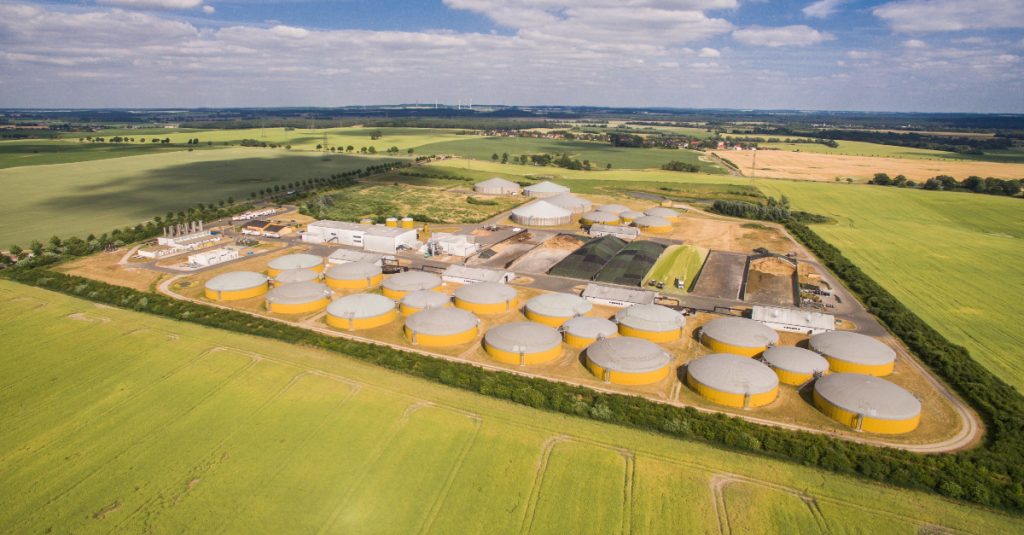In our rapidly evolving world, the quest for sustainable and efficient energy solutions has become paramount. Energy science is at the forefront of this pursuit, combining cutting-edge research, technological advancements, and innovative thinking to revolutionize the way we generate, store, and utilize energy. In this article, we will delve into the exciting realm of energy science, exploring its diverse disciplines, breakthroughs, and the transformative impact it holds for our future.
Harnessing the Elements: Renewable Energy
The Power of the Sun Solar energy, one of the most promising renewable resources, utilizes photovoltaic cells to convert sunlight into electricity. Through ongoing research and development, scientists are making significant strides in improving the efficiency and affordability of solar panels. From large-scale solar farms to rooftop installations, solar energy is transforming the way we power our homes and businesses, reducing our dependence on fossil fuels and mitigating climate change.
Wind Power: Riding the Winds of Change
Harnessing the power of wind has been a centuries-old practice, but recent advancements in wind turbine technology have propelled wind power into the limelight. These towering structures capture the kinetic energy of moving air and convert it into electricity. With offshore wind farms and larger, more efficient turbines, wind energy is becoming a vital part of the global energy mix, providing a clean and sustainable alternative to traditional methods.
Hydroelectricity: Tapping into Nature’s Flow
Hydropower is another renewable energy source that capitalizes on the force of moving water. By constructing dams and utilizing turbines, we can generate electricity from the potential and kinetic energy of flowing rivers. Hydroelectric power plants offer numerous benefits, such as reliable base-load power, flood control, and water storage. Constant innovation in turbine designs and dam efficiency is making hydroelectricity an increasingly attractive option worldwide.

Energizing the Future: Advanced Energy Technologies
As the demand for renewable energy grows, so does the need for efficient energy storage solutions. Energy storage technologies, such as batteries, fuel cells, and pumped hydro storage, play a pivotal role in balancing supply and demand, smoothing out intermittent renewable sources, and providing backup power during outages. Breakthroughs in materials science and novel battery chemistries are pushing the boundaries of energy storage capacity, cost-effectiveness, and sustainability.
Smart Grids: Empowering the Energy Ecosystem
Smart grids integrate advanced communication and information technologies into the traditional power grid, optimizing energy generation, distribution, and consumption. These intelligent systems enable real-time monitoring, demand response, and efficient management of energy resources. By facilitating the integration of renewable energy sources, empowering consumers with energy usage data, and enhancing grid resilience, smart grids pave the way for a more reliable, resilient, and sustainable energy future.
Energy Efficiency: Unlocking the Power of Conservation
While innovation in energy generation is crucial, maximizing energy efficiency is equally important. Energy-efficient technologies and practices can significantly reduce energy consumption, minimize waste, and lower greenhouse gas emissions. From energy-efficient buildings with advanced insulation and smart thermostats to energy-conscious transportation systems and industrial processes, energy efficiency measures are fundamental in creating a more sustainable energy landscape.
Advancements on the Horizon: Future Frontiers of Energy Science
Fusion energy holds immense promise as a clean, safe, and virtually limitless source of power. Scientists and engineers are tirelessly working on achieving controlled nuclear fusion, a process that releases energy by fusing atomic nuclei. If successfully harnessed, fusion energy could provide abundant, carbon-free electricity, revolutionizing the global energy paradigm and addressing our long-term energy needs.
Bioenergy: Harvesting Nature’s Potential
Bioenergy harnesses the energy stored in organic matter, such as crops, wood, and waste, through various processes like combustion, fermentation, and gasification. Advances in biofuel production techniques, including cellulosic ethanol and algae-based fuels, are enabling the sustainable production of transportation fuels with reduced carbon emissions. Additionally, bioenergy offers the potential for decentralized energy systems in rural areas and waste-to-energy solutions in urban environments.

Quantum Energy: Unleashing Quantum Mechanics
The emerging field of quantum energy explores the application of quantum mechanics to energy science. Quantum technologies, such as quantum computing and quantum sensors, have the potential to revolutionize energy systems by optimizing energy production, transmission, and storage. Quantum algorithms and simulations can enhance materials discovery for energy applications, while quantum sensors offer unprecedented precision for monitoring and optimizing energy processes.
Conclusion
Energy science is a dynamic and rapidly evolving field that holds the key to a sustainable and prosperous future. Through renewable energy, advanced technologies, and ongoing research, we are on the cusp of a clean energy revolution. As we continue to explore the frontiers of energy science, innovation, collaboration, and a commitment to sustainability will propel us towards a greener and more resilient energy landscape, ensuring a brighter tomorrow for generations to come.

